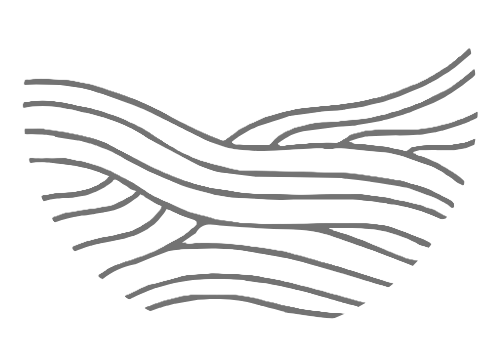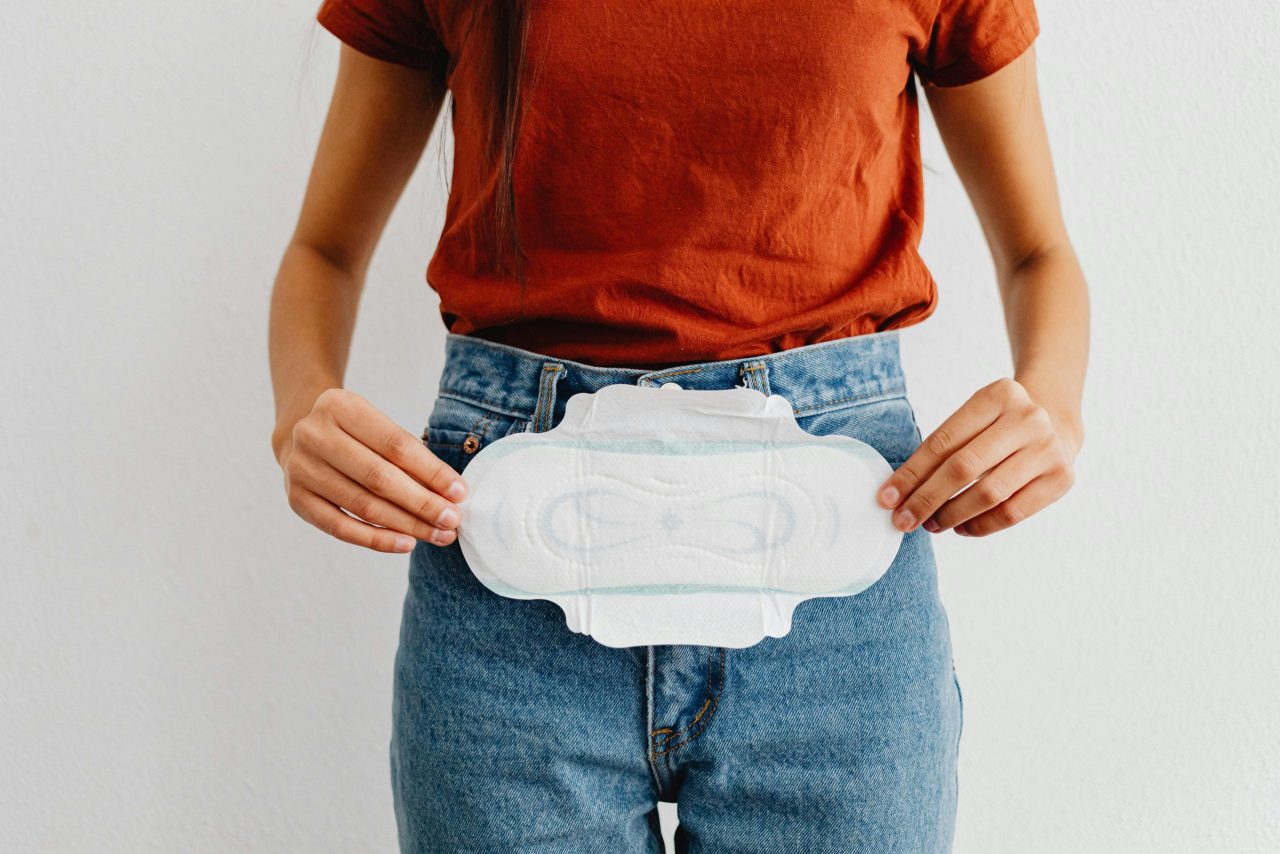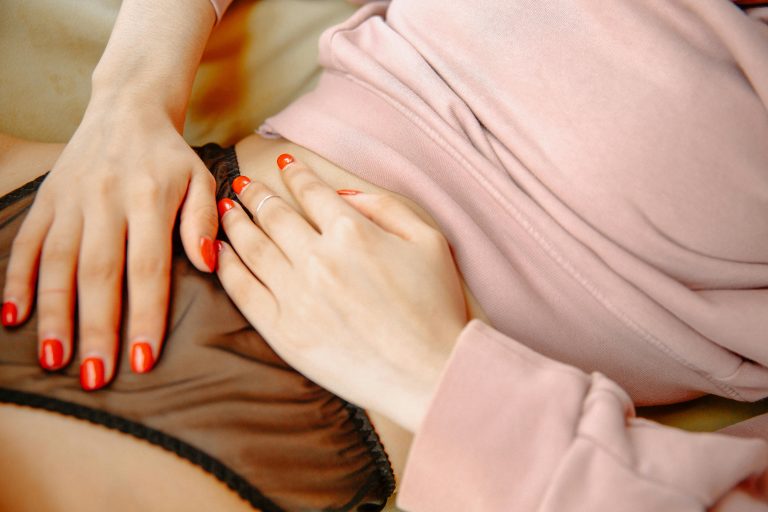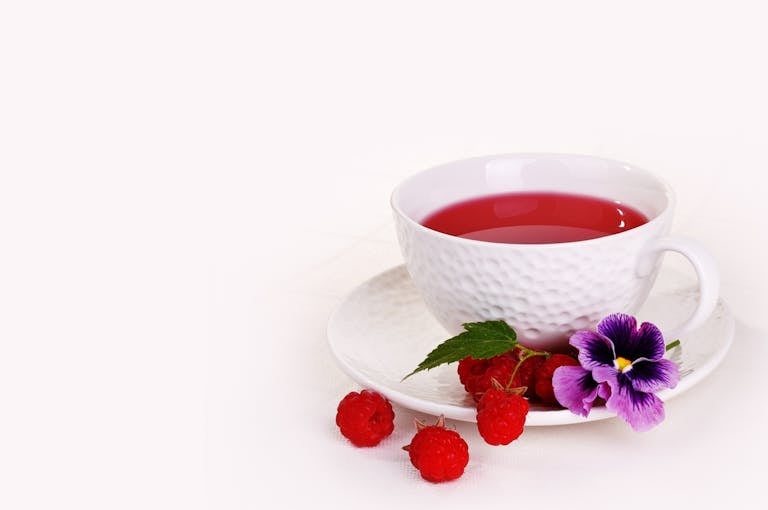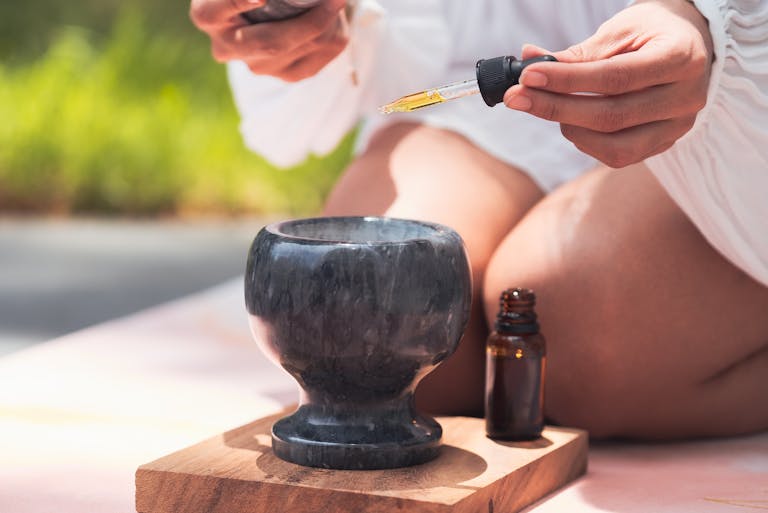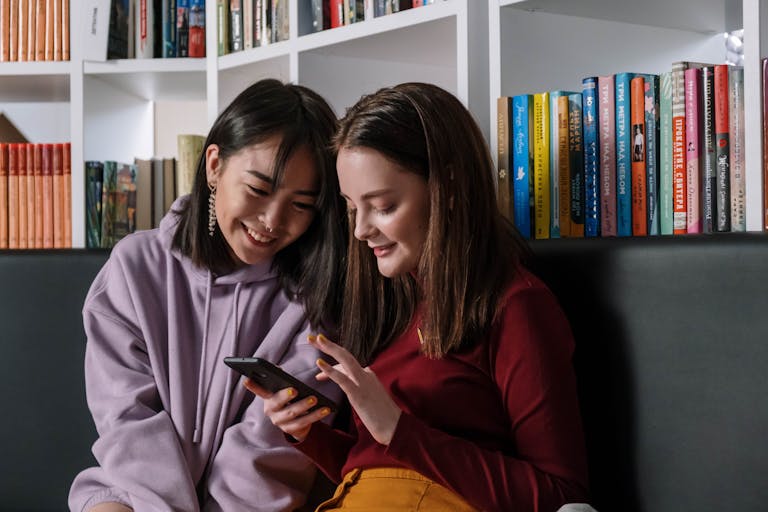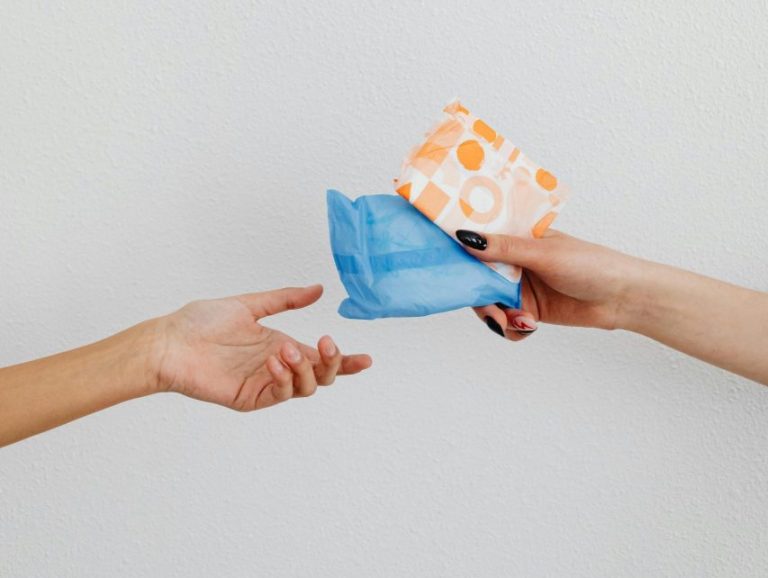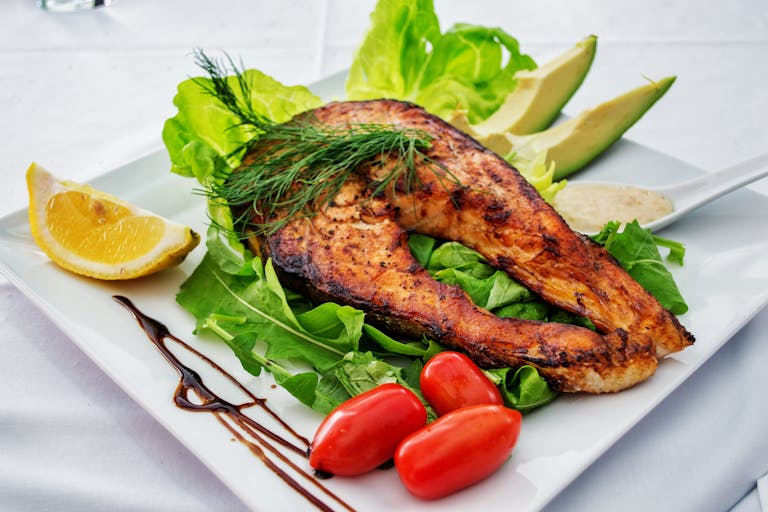Let me tell you something I wish someone had told me back in 7th grade when I got my first period in math class – periods aren’t scary, they’re just… unexpected houseguests that show up every month! Most girls get their first period between ages 10 and 15, with many starting around age 12. That means lots of girls in middle school are navigating this new chapter right alongside you. Trust me, I’ve been there, done that, and got the (slightly stained) t-shirt to prove it! Today, I’m sharing everything I wish I’d known back then, so you can feel confident and prepared when your time comes.
Understanding the Signs Your First Period is Coming
Oh, if only my 12-year-old self had known what those mysterious changes meant! I remember sitting in math class one day, noticing how my favorite jeans suddenly felt different, and having no idea what was happening. Then came that unforgettable moment – that warm, wet sensation that made me freeze in my seat. Looking back, my body was practically sending me smoke signals in the weeks and even months leading up to that day!
Here’s what I experienced, and what you might notice too: First, I started getting these clear-ish white stains in my underwear. That’s totally normal and begins happening usually about 6 months before menstruation starts. It’s called discharge, and it’s your body’s way of saying “Hey, heads up! Changes are coming!” Then came the tender chest, the growth spurts (goodbye, favorite jeans), and some light cramping in my lower belly, kind of like a mini stomach ache only lower, in the weeks leading up to my first period. Everyone’s experience is different – some might notice mood changes or emotional shifts, while others (like me) mainly notice the physical changes. If I’d known these were normal signs, I wouldn’t have spent so much time worrying!
Looking back, I wish I’d started carrying around a little period emergency kit in my backpack. Being prepared would have made that day in math class a lot less stressful!
When we talk about puberty signs, it’s helpful to understand the typical progression. While everyone’s body follows its own timeline, there’s usually a pattern. For me, breast development came first, followed by some height changes, and then that discharge I mentioned earlier. Medical experts call this pattern the “Tanner Stages,” but I like to think of it as your body’s checklist for growing up.
Let’s break down these early signs in more detail:
Breast Development: This is usually the first sign of puberty, starting around age 8-13. You might notice one side developing before the other – that’s completely normal! Both sides usually even out over time. I remember feeling so self-conscious about this, especially in PE class, but now I know it’s just part of growing up.
Growth Spurts: These can happen at any point during puberty. You might grow several inches in just a few months. This is why I suddenly found myself with pants that looked like they’d shrunk in the wash! Keep in mind that growth spurts can also cause some temporary clumsiness – those PE volleyball games became quite interesting for a while.
Discharge: Let’s talk more about this because it’s important and often confusing. That clear or whitish discharge I mentioned? It might show up on your underwear and can change throughout the month. Normal discharge typically looks clear (like egg white) or whitish/cream-colored (like milk or lotion), and it might show up as a damp spot or a dried whitish mark on your underwear. Sometimes it’s more watery, sometimes more sticky – both are normal!
If you notice discharge that’s yellow, green, or gray in color, or if it looks like cottage cheese, that’s different from typical discharge and worth mentioning to a doctor. Similarly, if you notice a strong fishy smell or if it causes itching or burning, these are signs to talk to a healthcare provider. Don’t worry though – most of the time, what you’re seeing is just your body’s natural, healthy discharge doing its job!
Body Hair: This is another sign that your body is preparing for periods. You might notice hair growing in new places – under your arms, on your legs, and in your pubic area. This usually starts happening around the same time as breast development.
Essential Period Products Every Girl Should Know About
Let’s talk period products – aka your new best friends! When I got my first period, I was completely overwhelmed by the options. Like, seriously, why are there so many different types of pads? And what’s with all the wings and channels and whatnot?
Starting with pads is what worked best for me, and it’s what most doctors recommend for beginners. Think of them as your training wheels – they’re easy to use, and you can see exactly what’s happening with your flow. I remember being terrified of using tampons at first (totally normal, by the way!), but pads gave me the confidence to figure out my flow without any stress.
Let’s dive deeper into each type of period product, because knowing your options is super important:
Pads: Think of these as your starter kit for periods. They come in different sizes and absorbencies:
- Pantiliners: These are the thinnest ones, perfect for light days or as backup protection
- Regular pads: Your go-to for regular flow days
- Super pads: For heavier days or overnight use
- Overnight pads: Extra long and absorbent for sleeping
Here’s a pro tip I wish I’d known: start with regular absorbency pads with wings. Wings are those little flaps that fold under your underwear – they’re like insurance against leaks! And speaking of underwear, wear full-coverage styles when you’re on your period. Those cute bikini styles? Save them for other days.
About changing pads: I know it seems obvious, but nobody actually told me this stuff! You should change your pad every 4-6 hours, or sooner if it feels full. How do you know it’s full? If you feel wet or see the blood reaching the edges of the pad, it’s definitely time for a change.
Let’s talk about tampons because even though you might not use them right away, it’s good to understand how they work. Tampons come with applicators (like a tube that helps you insert them) or without. Most beginners prefer applicator tampons because they’re easier to use. Start with the smallest size (usually called ‘light’ or ‘junior’) when you’re ready to try them.
Period underwear1 has become a popular option recently. These are special underwear with built-in absorption technology that can be worn either on their own or with other period products. For your first period, I’d recommend using them as backup protection with a pad until you understand your flow – kind of like wearing a belt and suspenders! Once you’re more familiar with your flow, you might find you can wear them alone on lighter days. Each brand has different absorption levels (they usually tell you how many tampons’ worth they can hold), so you’ll want to read the instructions carefully.
Now, let’s talk about your period emergency kit – the essentials you’ll want to keep in your backpack. I’ll share the basic must-haves here, but I’ve actually written a whole separate post about creating a complete period kit if you want to get really prepared! For now, stick to these basics: two regular pads with wings, a clean pair of underwear, some folded toilet paper or wipes, and a small bottle of hand soap in a zip-lock bag (this also gives you a disposal bag if needed). Trust me, having just these few items will make a world of difference if your period catches you by surprise!
Managing Your First Period at School
Getting your period at school isn’t ideal (trust me, I know!), but it’s totally manageable with the right game plan. Let’s break this down into specific situations you might encounter:
Scenario 1: Your Period Starts Unexpectedly
When that warm, wet feeling hits you in the middle of class (like it did to me in math), here’s what to do:
- Stay calm – remember, this is completely natural
- If you have dark clothing, like a jacket or sweater, tie it around your waist
- Ask to use the bathroom – you don’t need to explain why
- If you don’t have supplies, head to the nurse’s office
- If discover blood on your clothes, keep your jacket or sweater tied around your waist and ask the nurse for help
Having someone you can trust during these situations can make a huge difference. While I managed on my own (and you absolutely can too!), I’ve learned that many schools today encourage what they call a “period buddy” system. This is a friend you trust who can help if you need it – maybe checking for spots or sharing supplies. If you have a close friend you feel comfortable talking to about periods, it might be worth discussing. But if you don’t, that’s completely okay too! Many of us handle these situations independently, and the school nurse is always there as a backup. The most important thing is to do what feels right and comfortable for you.
Let’s talk about the school nurse situation because I know it can feel awkward. Here’s a script you can use: “Hi, I just got my period and I need some supplies.” That’s it! They hear this all the time and they’re there to help. They usually have pads, clean underwear, and sometimes even spare pants or shorts.
PE Class Strategy:
I remember being terrified of PE during my period, but I eventually figured out some strategies that really helped:
- Change your pad right before class
- Wear bike shorts under your PE shorts for extra security
- Keep supplies in a small, dark-colored bag in your gym locker
- Consider using a longer pad during physical activity
- If you have cramps, let your teacher know – they’ll usually let you modify activities
For swimming class, you have options:
- You can sit out during your period (most schools allow this)
- If you’re comfortable with tampons, you can use one (but don’t start learning how to use them on swim day!)
- Talk to your PE teacher privately before class – they’ll help you figure out the best solution
Common First Period Problems and Solutions
Let’s dive deeper into the challenges you might face and how to handle them:
Irregular Periods
For the first year or two, your period might be as unpredictable as a pop quiz! Mine would show up anywhere between 3-8 weeks apart. Here’s what helps:
- Start tracking your periods on a calendar or app
- Keep supplies with you all the time
- Wear pantiliners when you think it might be coming
- Watch for patterns in your body’s signals
Cramps and Discomfort
Let’s talk about cramps because they can range from mild annoyance to seriously uncomfortable. Here’s my tried-and-true cramp management system:
Prevention:
- Stay hydrated (carry a water bottle!)
- Eat regular meals
- Get enough sleep
- Exercise regularly (even light walking helps)
Relief Methods:
- Heating pad or hot water bottle (my personal favorite)
- Gentle stretching exercises
- Deep breathing
- Over-the-counter pain relievers (with parent/guardian approval)
- Warm bath or shower
- Loose, comfortable clothing
Advanced Cramp Relief Positions:
- Child’s pose (like in yoga)
- Lying on your back with knees bent
- Cat-cow stretches
- Walking while swinging your arms
When to Get Help:
You should talk to a trusted adult about seeing a doctor if:
- Your cramps keep you from normal activities
- You’re soaking through a pad every hour
- Your period lasts more than 7 days
- You feel dizzy or extremely tired during your period
- You have severe lower back pain
- Your periods are extremely irregular after the first year or two
Period Hygiene and Self-Care Basics
Being comfortable and clean during your period is super important. Let’s break down a complete period care routine:
Morning Routine:
- Change your pad first thing (even if you just put it on before bed)
- Clean your private area with warm water and mild, unscented soap (or hop into the shower)
- Put on fresh, cotton underwear
- Pack fresh supplies for the day
During the Day:
- Change your pad every 4-6 hours minimum
- Wash hands thoroughly before and after changing pads
- Wipe front to back ALWAYS
- Check for leaks periodically
- Stay hydrated and eat regularly
Evening Routine:
- Take a warm shower or bath
- Change into fresh, comfortable clothes
- Use an overnight pad
- Put a dark towel on your bed if you’re worried about leaks
- Keep supplies within easy reach of your bed
When dealing with heavy flow days, you’ll want to take extra precautions to feel comfortable and confident. Change your pads more frequently than usual, and don’t hesitate to use overnight pads even during the day – they provide extra coverage and peace of mind. Keep spare clothing in your locker or backpack just in case, and consider using period underwear as an extra layer of protection. These simple steps can help you manage heavier days with confidence.
On lighter flow days, you might be tempted to skip protection altogether, but it’s best to use at least a pantiliner. Even when your flow is very light, maintaining your regular hygiene routine is important. Remember that your flow can change throughout the day, so it’s better to have that light protection than to be caught off guard. Think of it as an insurance policy for your peace of mind.
Taking care of your physical health during your period makes a huge difference in how you feel. Light exercise, even just a walk around the block, can help ease cramps and boost your mood. Pay attention to your nutrition – your body needs extra iron during this time, so include iron-rich foods in your meals. Make sure you’re getting enough sleep, aiming for at least 8 hours each night. When possible, spend some time outside – fresh air and sunshine can do wonders for your overall well-being.
Don’t forget about emotional self-care during your period. Consider keeping a simple period diary to track how you’re feeling and notice any patterns in your symptoms. Plan some relaxing activities for yourself during these days, whether that’s reading a good book or watching your favorite show. While not everyone feels comfortable talking about periods, it can help to connect with friends or family members who understand what you’re going through. Most importantly, remember that it’s okay to take it easy and give yourself permission to rest when you need it.
Final Thoughts
Getting your first period is a major milestone in your life – one that deserves to be approached with knowledge, understanding, and yes, even a bit of excitement! Remember my math class story? While it felt like the end of the world at the time, it’s now just a funny memory that taught me some valuable lessons about being prepared and rolling with life’s surprises.
Here’s what I really want you to take away from all of this: Your period is a normal, healthy part of who you are. Those physical changes we talked about? They’re signs that your body is doing exactly what it’s supposed to do. Those nervous feelings about your first period? Completely normal. The questions spinning around in your head? Everyone has them, even if they don’t talk about them.
Remember that your period might be irregular at first, and that’s perfectly okay – it can take up to two years for it to find its rhythm. Everyone’s experience is different, and what’s normal for your friend might not be normal for you. Being prepared isn’t being paranoid – it’s being smart (remember that emergency kit!).
For all the girls reading this who haven’t gotten their first period yet: you’ve already taken an amazing first step by learning about what to expect. For those who just got their first period: welcome to the club! You’re handling it like a champ, and it gets easier with time. Don’t be afraid to ask questions when you’re unsure or seek help if something doesn’t feel right.
Your period is just one part of your amazing journey through life. It doesn’t define you, but it is part of who you are, and that’s something to embrace rather than fear. Remember: you’re stronger than you think, more prepared than you realize, and definitely not alone on this journey. Now go out there and rock your life – you’ve totally got this!
- Full disclosure: This post may contain affiliate links. If you make a purchase through these links, I may earn a small commission at no additional cost to you. Using these links helps support this site and allows me to continue creating helpful content for our community. I only recommend products I genuinely believe in and use myself. Thank you for your support! ↩︎
